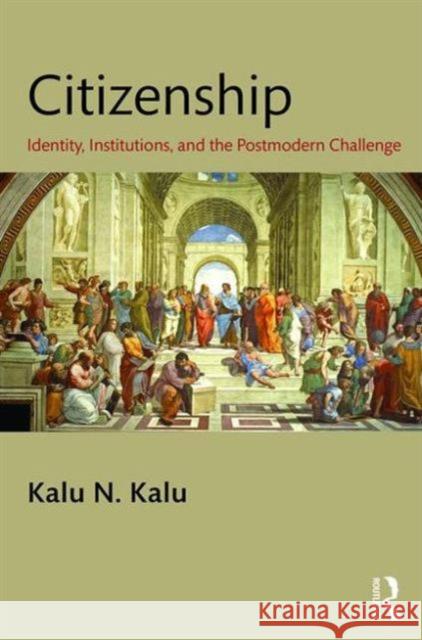Citizenship: Identity, Institutions, and the Postmodern Challenge » książka
Citizenship: Identity, Institutions, and the Postmodern Challenge
ISBN-13: 9781482223248 / Angielski / Twarda / 2016 / 148 str.
How do public sector administrators, managers, and policy-makers serve the needs of citizens? Citizenship confers both benefits and responsibilities, but defining and understanding them from the perspective of an increasingly diverse population is rarely uncomplicated. This book explores theories of citizenship, its relevance to the lives of a populace, and how it might be used to address critical issues of state, identity, and the human condition. In stark contrast to previous scholarship about citizenship as a construct, this book covers the full spectrum of literature from classical Greco-Roman foundations to the postmodern turn and contemporary critical social theory as a way of illuminating, on the one hand, its intellectual richness and on the other, ongoing challenges in both conceptualization and practice.
This book examines some of the complicating factors faced by the public servant, such as: understanding how inequality in citizenship benefits and entitlements affects engagement (economic, geographic, generational, cultural, linguistic), how government PR and accountability affect citizen perceptions, and issues like cultural identity among immigrant and other kinds of hybrid communities that challenge traditional government-citizen interactions. It also discusses ways in which the ideal of citizenship might unfold in years to come in light of evolving tensions between the state and identity, the crisis of trans-border immigration, and the evolution of communities that increasingly question the unifying ethos of citizenship as norm and virtue.











